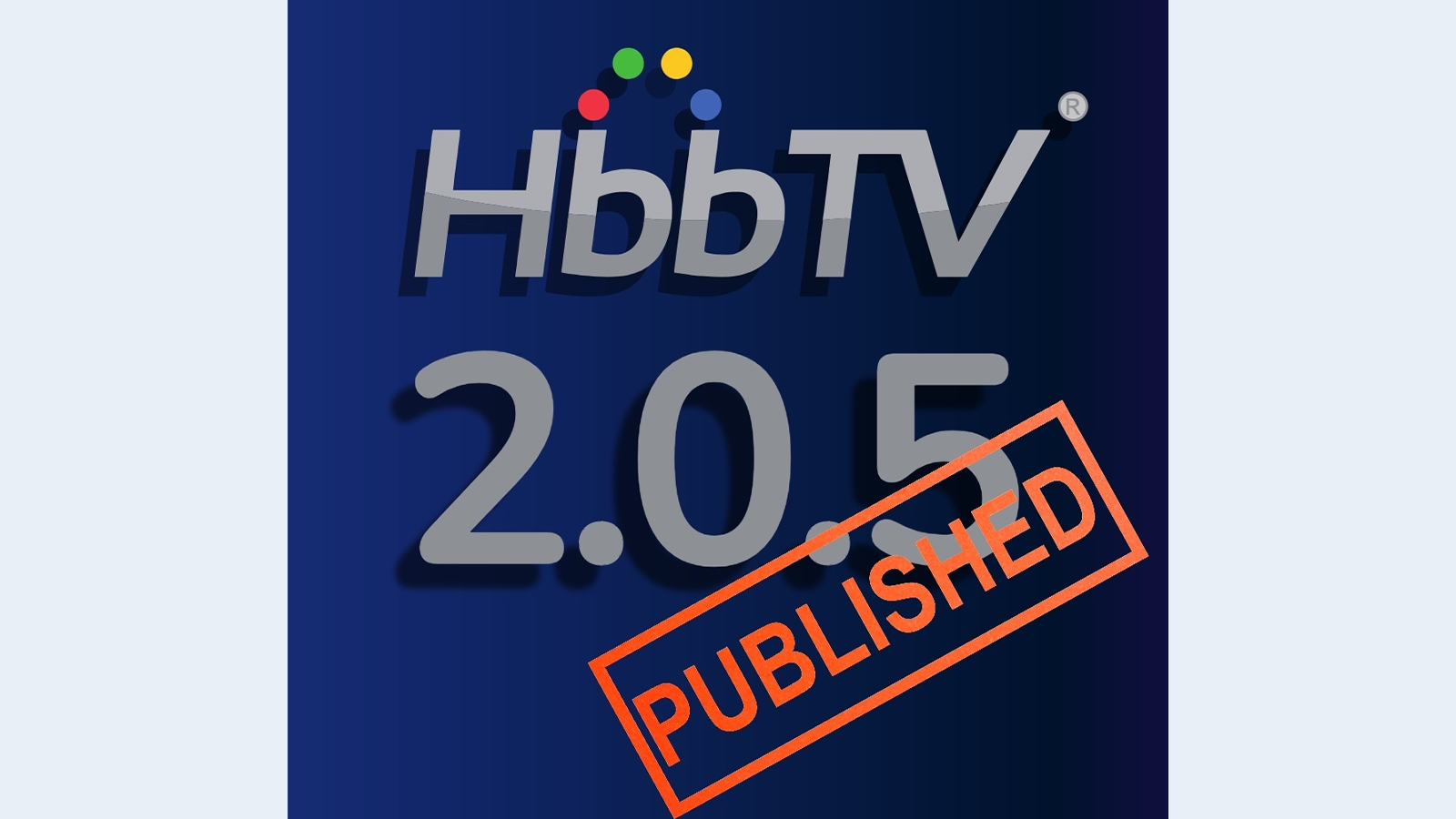Sony XDCAM Shines in Shark Documentary
The professional video industry's #1 source for news, trends and product and tech information. Sign up below.
You are now subscribed
Your newsletter sign-up was successful
TEMECULA, CALIF.—Documenting the plight of the ocean's predatory sharks against commercial fishing is challenging enough; doing it while fighting ocean swells and gusting wind makes such a location shoot even that much more complex.
(L-R) Andy Cope, cameraman, and Robin D. Berg, director, capture comments by Manny Puig, large SONY , PAGE 51 predator conservationist, during the recording of Berg’s latest documentary. That's why I chose Sony's XDCAM EX technology for producing "Last of the Super Sharks," a feature-length documentary that I'm currently shooting. The documentary is initially planned for film festival distribution, with other planned outlets including broadcast television and theatrical.
I've been aware for some time of the potential worldwide devastation that these large oceanic predatory sharks are facing from commercial longline fishing operations. Their numbers have dwindled to just 10 percent of what they once were, and they're disappearing by the millions every year. These are really fascinating, beautiful animals and they are being wiped out.
Field production of the documentary began in Florida and is still underway. Our shooting has also taken us to the Gulf of Mexico to track great hammerheads, to the U.S. Virgin Islands to follow tiger sharks, and to several open ocean spots.
CAMERAS TAKE A BEATING
From my previous experiences on nature and outdoor shoots, I knew I needed cameras that not only provided high-performance and produced great images, but which were also durable and able to withstand the elements.
The production's underwater footage is being shot with Sony's PMW-EX1R solid-state camcorder, contained within an underwater housing.
The EX1-R has become my underwater camera of choice, as nothing comes close to the image quality found in a system this size. It really rivals that obtainable with much larger systems. I also love the control that I have when the system is in the water. It's a very manageable camera system and delivers spectacular image quality.
The camera's compact form factor is also a tremendous benefit in the type of work that we're doing. We have found that we were not really sacrificing anything in terms of overall results with the smaller size, for when you put a full-size shoulder-mount camera inside a housing, that's a really a huge amount of weight to have to contend with.
The EX1-R has proven to be the ideal camera in my opinion, as it's not too small, not too big, and has fantastic image quality.
In our particular production application, we're using three EX1-Rs underwater, complemented by two of Sony's HXR-MC50U AVCHD camcorders in underwater housings. These compact cameras provide incredible image quality as well.
Topside, I stay busy capturing events with Sony's PMW-350 shoulder-mount XDCAM EX. I chose this particular camera because if you're going to shoot broadcast television-style interviews, you really need to have total control over the camera. For me, that still means a shoulder-mount camera.
LIKES CAMERA'S IMAGE QUALITY
Overall, the cameras are producing exactly the type of look I want to achieve. They provide video that's very natural with a highly saturated appearance. We're doing our shooting at 30p, and the footage from all of the different Sony cameras is cutting together quite well—very seamlessly.
In our documentary work, we've been in some of the worst shooting conditions you could possibly imagine. It seems as if I'm either in the open ocean, getting blasted with spray constantly, having to endure 100 percent humidity and 90 degree temperatures, or trying to overcome freezing cold. conditions. The cameras don't complain though, having proven themselves rock solid and unstoppable in any weather or climate condition.
Robin D. Berg has been involved in digital television production since the mid 1990s and employment at ESPN and ABC's Wide World of Sports. His his work has appeared on a variety of network outlets, including ESPN/ESPN2, OLN, The Outdoor Channel, and Fox Sports. He may be contacted at robin@beiproductions.com.
For additional information, contact Sony at 201-930-1000 or visit www.sony.com/professional.
The professional video industry's #1 source for news, trends and product and tech information. Sign up below.
